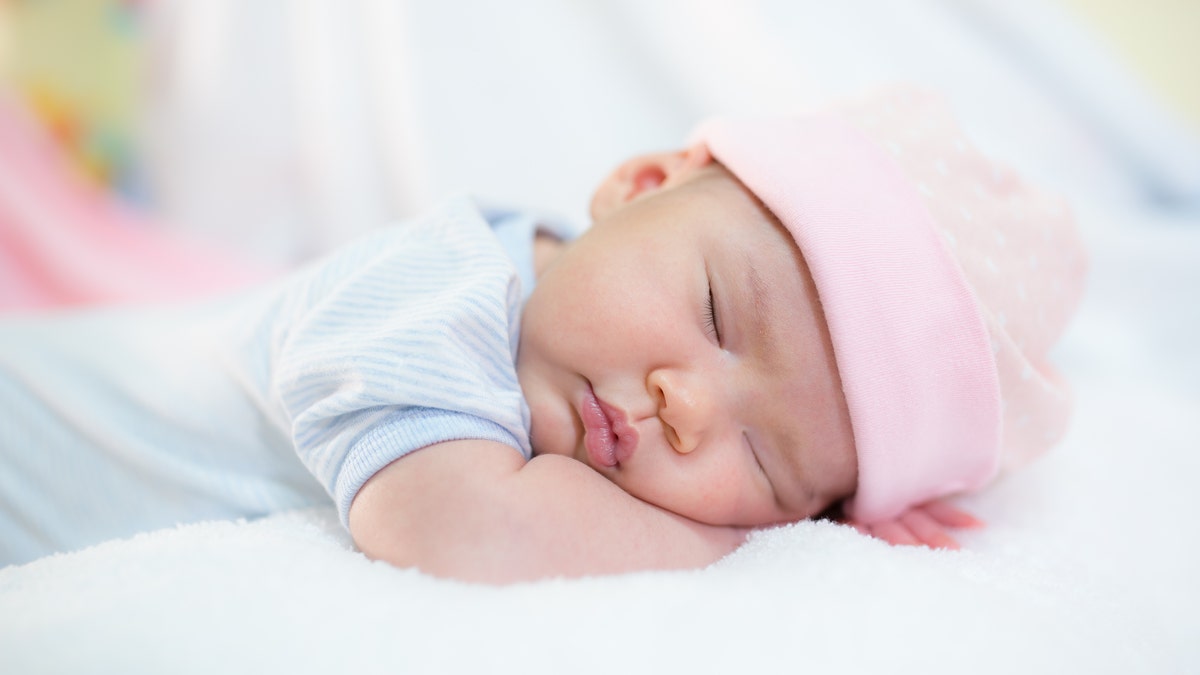
Cute newborn baby (iStock)
It takes real guts for a newborn baby to thrive these days.
If the beneficial microbes that naturally inhabit an infant‘s innards are disrupted during the first weeks of life, a typical newborn can face a threefold higher risk of childhood allergies and asthma, new research shows.
That is the latest in a cascade of findings about the microbiology of motherhood, and the bacteria that live in a baby’s intestines, known collectively as the infant microbiome. Researchers are discovering that bacteria are an intimate part of the bond between mother and child. “It begins at birth,” said Susan Lynch, a gastroenterologist at the University of California, San Francisco.
Humans begin life in the womb germ-free, developing within the sterile amniotic sac isolated from essential microbes. As a baby is squeezed through the muscular chute of the birth canal, it is naturally inoculated with the mother’s microbes, scientists say.
According to more than a dozen recent medical studies, vaginal birth enhances the bacteria in a newborn’s gut, as does breast-feeding and the presence of a dog in the household. Factors that weaken a baby’s gut bacteria include perinatal antibiotics, a caesarean delivery and formula feeding.
